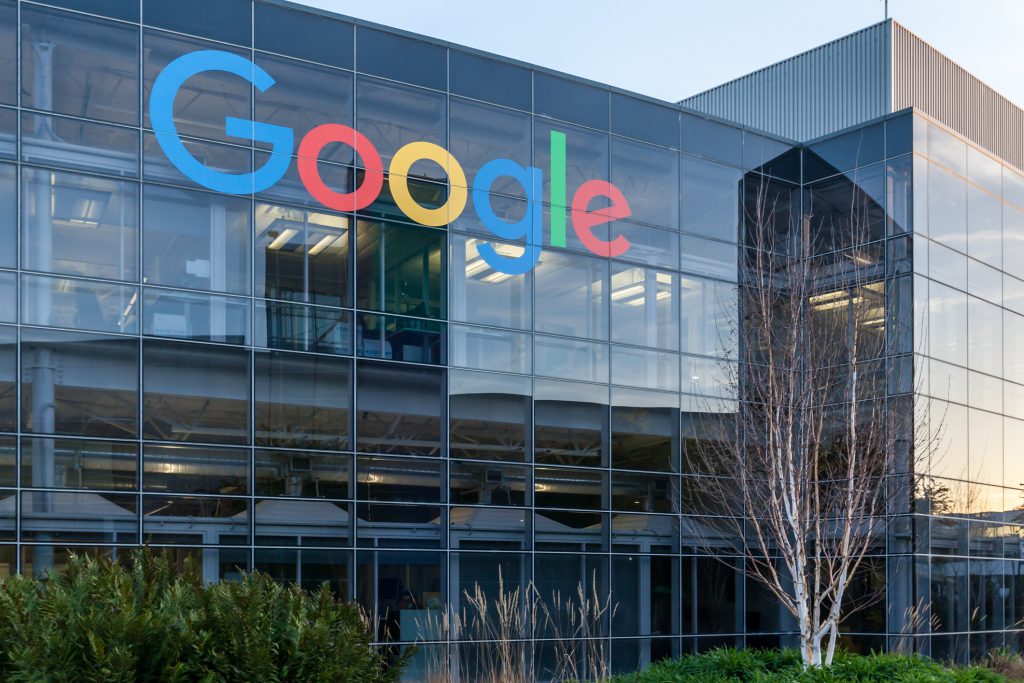Nearly a decade ago, Oracle sued Google for copyright infringement. The case has since been appealed multiple times and is now waiting to be heard before the Supreme Court. The Court will answer two important questions: “[w]hether copyright protection extends to a software interface”? and “whether, as the jury found, the petitioner’s [Google’s] use of a software interface in the context of creating a new computer program constitutes fair use”? The Court’s ruling could drastically change the computing world.
The case was originally filed in August 2010 before the California Northern District Court for patent and copyright infringement. According to the original complaint, in the mid-2000s, Google used part of Sun Microsystems’ Java platform to build the operating system for Android. Oracle argued that Google did not license Java; it built most of its own code around key elements of Java code. Oracle acquired Sun Microsystems in 2010. Google stated that the lines of Java code it used were a small percentage; only 0.1 percent of Android’s overall code. Moreover, Google purported that copying this code was the only way to write usable code using the Java language.
The suit, after flowing through multiple trials and appeals, will have a major impact on technology companies because “[i]t could allow companies to copyright and restrict the basic software interfaces that let third-party developers work with their platforms.” The potential impact of this case has caused other companies, including Microsoft and IBM, to publicly support Google. On January 13 and 14, multiple amicus briefs were filed with the Supreme Court; other filers include academics and industry groups.
Microsoft’s brief stated that the ruling “takes an unduly narrow view of fair use that elevates functional code to the same level of copyright protection as the creative expression in a novel.” However, current software development “accepts and expects that much functional code can be reused by follow-on developers.” Microsoft used historical examples of developers reusing functions as Google did with Java, citing Compaq, Dell, and others using elements of IBM’s PC BIOS application programming interfaces (APIs) in the 1980s to create IBM-compatible PCs. APIs are a key way that interoperable programs are designed.
IBM’s brief stated,”[c]omputer interfaces are not copyrightable. That simple, yet powerful principle has been a cornerstone of technological and economic growth for over 60 years…Not once, until this case, has a Court of Appeals held that software interfaces are protected by copyright separate and apart from the code embodying the implementation of those interfaces. This is not because this principle is fringe; it is because it has always been accepted – based on legal precedent dating back 140 years.” Further, “interoperability is the very foundation of the internet and of countless devices and services that depend upon it.”
Microsoft, IBM, and others that filed briefs siding with Google argue that a ruling in favor of Oracle and inflexible copyright rules would mean significantly affect the concept of an API. Different companies would need to develop their platforms from the ground up, rather than building in interoperable functionality through APIs. Consumers would be required to picking a single brand for all their devices if they wanted to benefit from cross-device communication. The amici argue that open APIs are critical to interoperable systems, ranging from documents, the cloud, smart home products and the Internet of Things, and internet browsers.
“Open interfaces between programs are the building blocks of many of the services and products we use today, as well as of technologies we haven’t yet imagined,” Kent Walker, SVP Global Affairs and Chief Legal Officer at Google stated. “An Oracle win would upend the way the technology industry has always approached the important issue of software interfaces. It would for the first time grant copyright owners a monopoly power to stymie the creation of new implementations and applications. And it would make it harder and costlier for developers and startups to create more products for people to use.”
Conversely, Oracle has argued that Google should have licensed the Java code if it wanted to use it and that Google’s use does not constitute fair use. “We are confident the Supreme Court will preserve long established copyright protections for original software and reject Google’s continuing efforts to avoid responsibility for copying Oracle’s innovations,” Deborah Hellinger, a spokesperson for Oracle said.
Oracle is represented by Orrick, Herrington & Sutcliffe. Google is represented by Goldstein & Russell, as well as Paul, Weiss, Rifkind, Wharton & Garrison.
